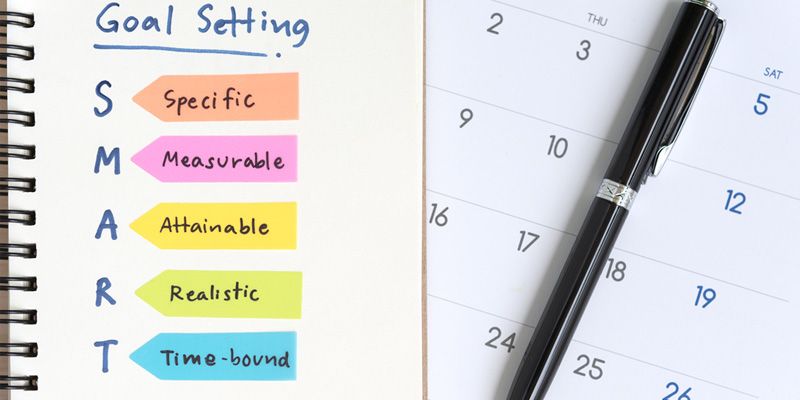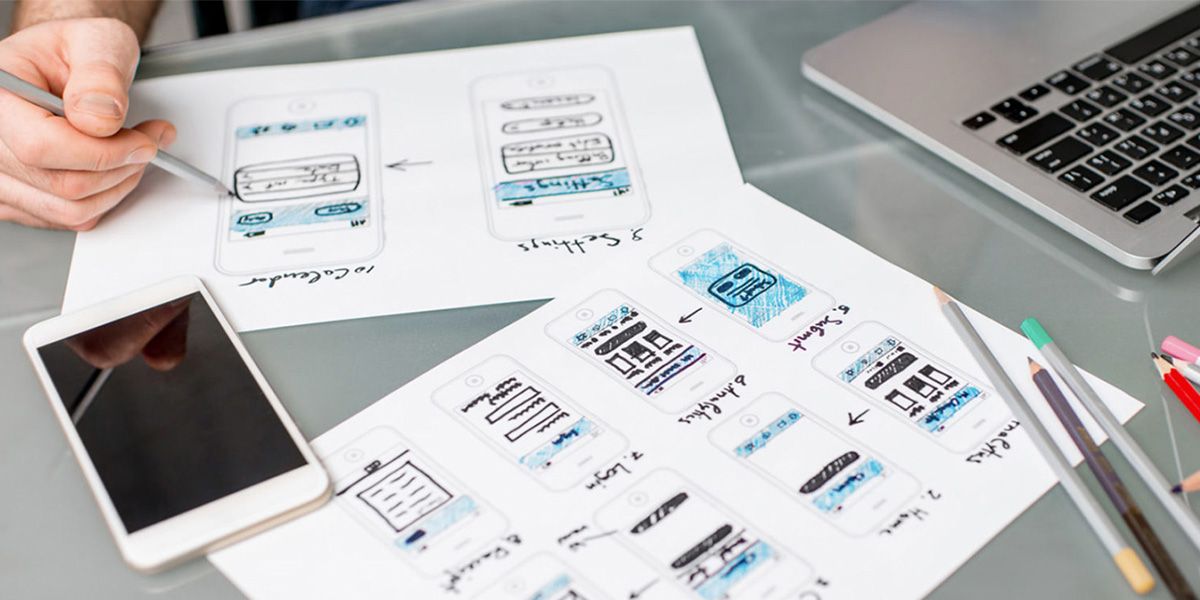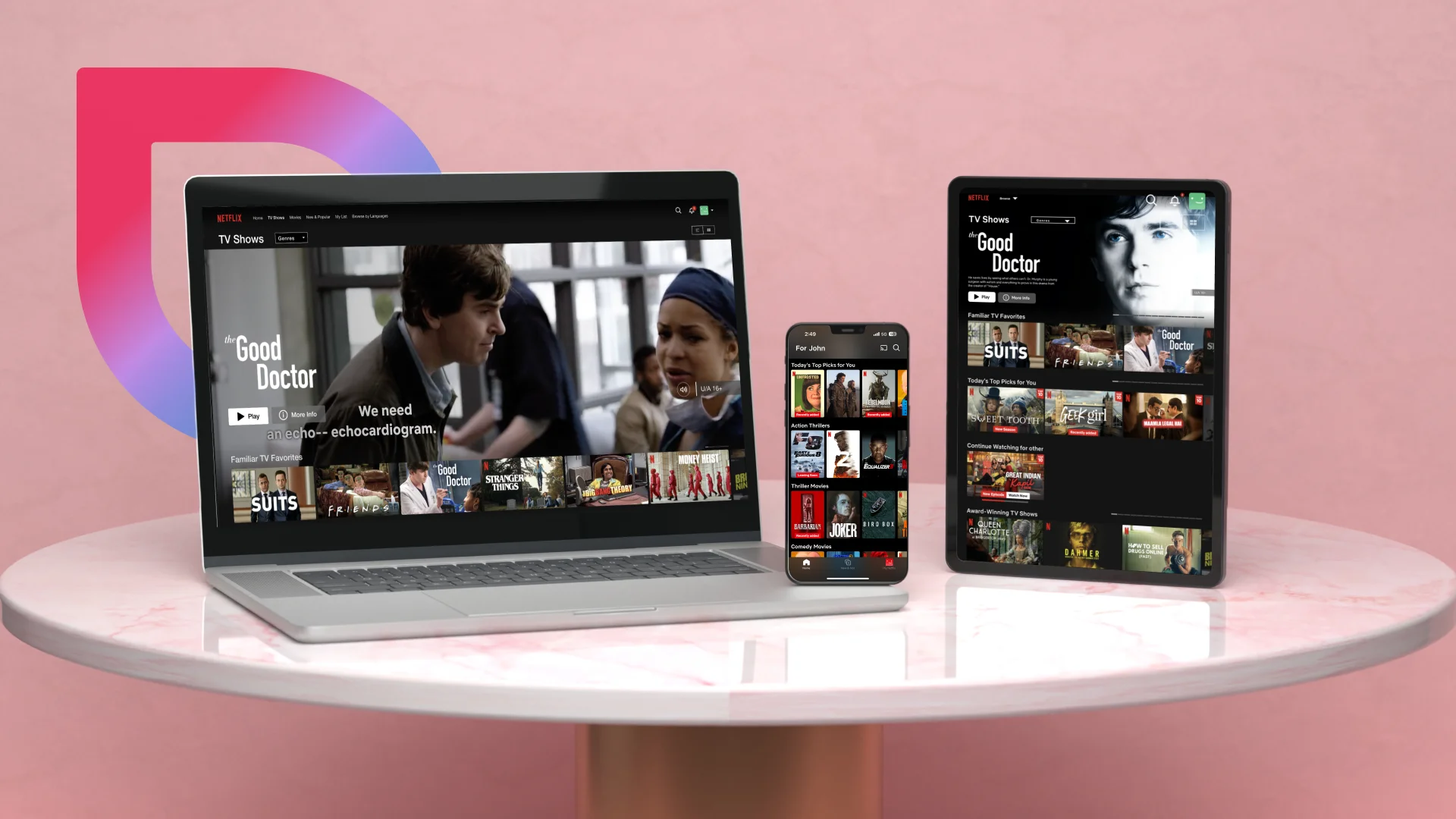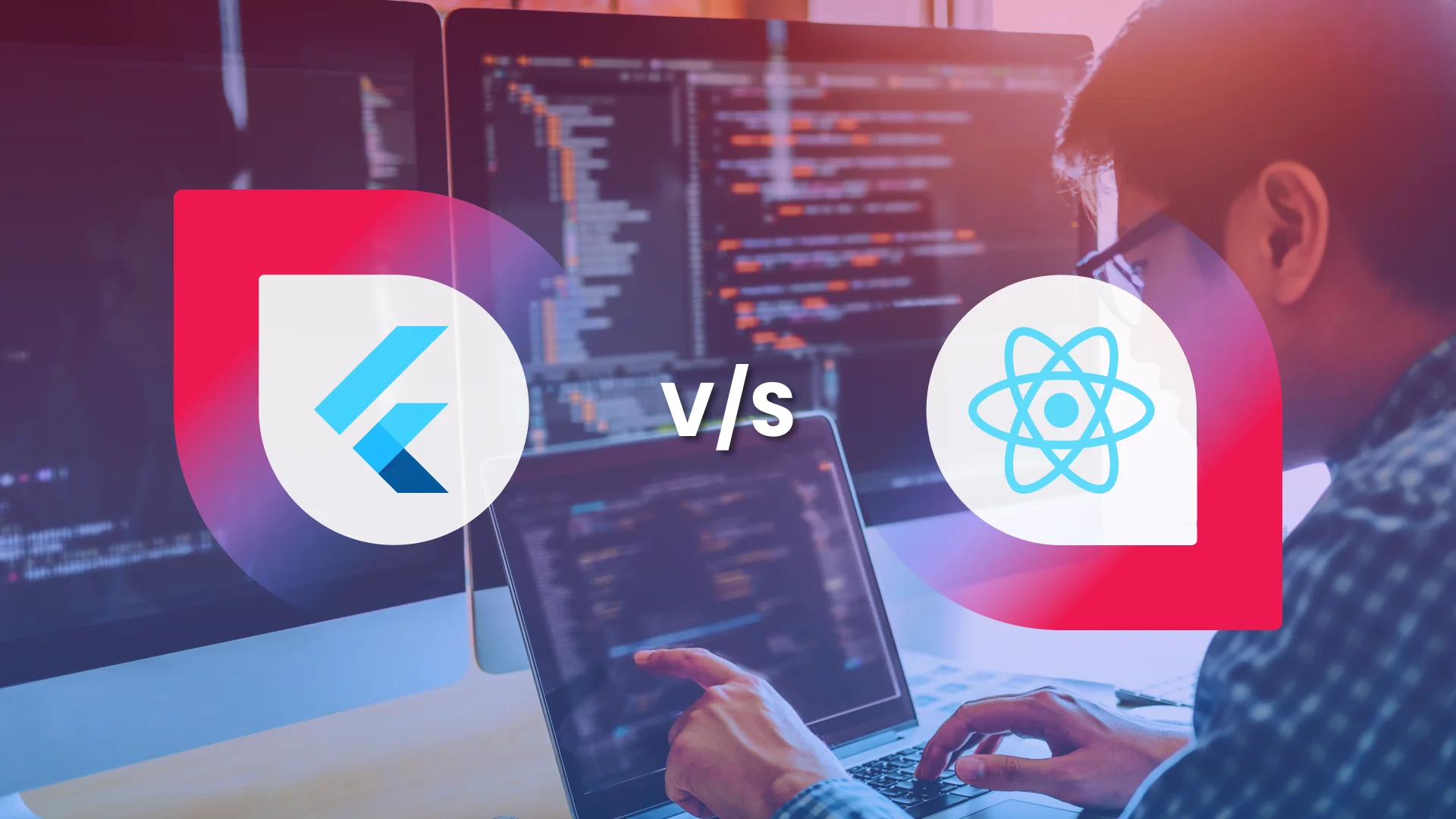4 Steps to Successful Product Design and Discovery
- Mobile
- March 11, 2019
The whole point of a successful product discovery is to create products that are not just usable, but also useful. So, if a product is not up to the mark, it nearly diminishes the whole utility of product discovery.
Despite having its own share of importance, product discovery is often overlooked in the field of mobile app development.
Sometimes, the usability of a product acquires a great deal of emphasis at the cost of its utility. A product with a plummeting utility is destined to be short of the optimum usability.
Be it for setting product goals, understanding the utility of your mobile app, prioritizing different features of a product or adding right aspects to your MVP (minimum viable product), the following guideline could be a comprehensive lesson for the impressive product design and discovery.
But, before probing any deeper in this regard, get acquainted with these following areas that are involved in the session of product discovery.
- Building product strategies
- Defining a product
- Visualization
- Prototyping
The process of product design and discovery might vary as per the requirements of different organizations. The below-mentioned steps could be followed to obtain the best results. Take a look:
Step 1: Build a Robust Product Strategy
Begin With Setting a Goal
Usually, the very first thing one has to decide is why he/she wants to make a product, and this can be a major deciding factor for setting a goal of product building.
However, once the goal has been decided, it will be easier to identify the strategy of building a product.

In this process, you should also jot down the challenges or obstacles that you are expecting to face while going about the process.
Consider Problems as Opportunities
Every issue identified in the existing product or process should be considered as the opportunity statements.
This means if a problem takes more than one hour for processing a customer’s request, the probable opportunity can be to find solutions for minimizing the processing time for a customer’s request.
Consider the Assistance of Experts
Once you are done with mapping the entire process, you should find the right experts to seek the needed guidance or assistance.
There are a wide variety of options available, and it would be wise to find the professionals as per your overall business objectives.
While teaming up with these experts, make sure to check whether they are using the existing products or taking part in the existing service.
Only the experts of this sort will have a thorough know-how of the current process, which is in trend, which areas need to be improved, etc.
Opt for the Minimum Marketable Features
Product discovery helps in prioritizing one value proposition. The value of a product can be defined in different ways that include cost savings, brand awareness, customer loyalty, revenue generation, competitive advantage, etc.
Try to understand the number of functionalities your product need to bring the desired value to the market. You should put an emphasis on things that are required to bring value in your MVP.
Step 2: Define the Product
Prioritize the Features of Your MVP
This is the stage where both you and your product team should work hard on generating, capturing and prioritizing the prime features of your MVP.
Make sure to list down all the features that you are looking to incorporate in your product. Take ample time to organize these features.
The subsequent step would be to cut down on a few features that seem to be redundant. This step will help you keep your MVP less cluttered.
Feeling confused? Maybe, you should get a prioritization matrix built to ensure that you are zeroing in on the most necessary features for your MVP template.
You should only include the core features in your mobile app because not every feature should be adorned by it.
Read also: Estimating the Cost of MVP Development for a Mobile App
Keep a Tab on the User Journey
With a visual representation of the user journey, you can stay focused on the group of users and their experiences with your product.
It is crucial to think about how the final product can fit into your users’ lives from the very first moment they are relying on your services. A user journey will also help you understand whether you have any gap in your thought process.
Step 3: It’s Time You Opted for a Visualization
Map Out the User Journey
In this stage, you should map out a detailed visual solution of both user interface and user-experience to understand if the solutions is meeting the end-users’ needs.
This step will help you understand the user flows for app prototyping, which is the subsequent phase of product discovery.
Step 4: Prototyping – Last, but Not the Least
Build a Prototype
The phase of app prototyping involves creating a clickable version of your mobile application.
You may use the storyboard as a basis in order to build a clickable and buildable sample of the product experience for demonstrating how it should perform.
Validate the Product
Upon completion of building a prototype, you must begin to validate the final product by conducting user testing.
You may organize a focus group to collect honest feedback on your product. The focus group might consist of the internal team members you have located via a user testing tool.
Ensure that you collect feedbacks or reviews on your app prototype. This way, you will understand how the users are interacting with your app if they are dealing with the issue or what they are feeling about their experiences.
The importance of this guideline is paramount, especially if you are looking to make your product a success.
Reap the Benefits of Product Design and Discovery
If you want your product to make a mark in the industry of mobile app development, there can be nothing more enriching than the aforementioned guideline on product design and discovery.
Owning an impeccably-built mobile application can help you improve your business outcomes and also establish an impressive product vision to increase your ROI or Return on Investment.
Opting for product design and discovery session, you can get a clear idea about the best practices of mobile app development, thus increasing your chances to win investor buy-in.
This approach can also enable you to put an emphasis on the utility as well as the usability of your mobile application.
Read also: Understanding User Behavior During Product Development: A Brief Guide
So, What are You Still Waiting for?
It’s time that you buckled up to follow these aforementioned guidelines and make your mobile app successful.
These guidelines can offer you the right foundation to start developing a product, which will add value to your intended users and give you chances galore to be successful in the long-run.
However, once these guidelines have been abode by impeccably, it can be one of the most enriching experiences ever.














